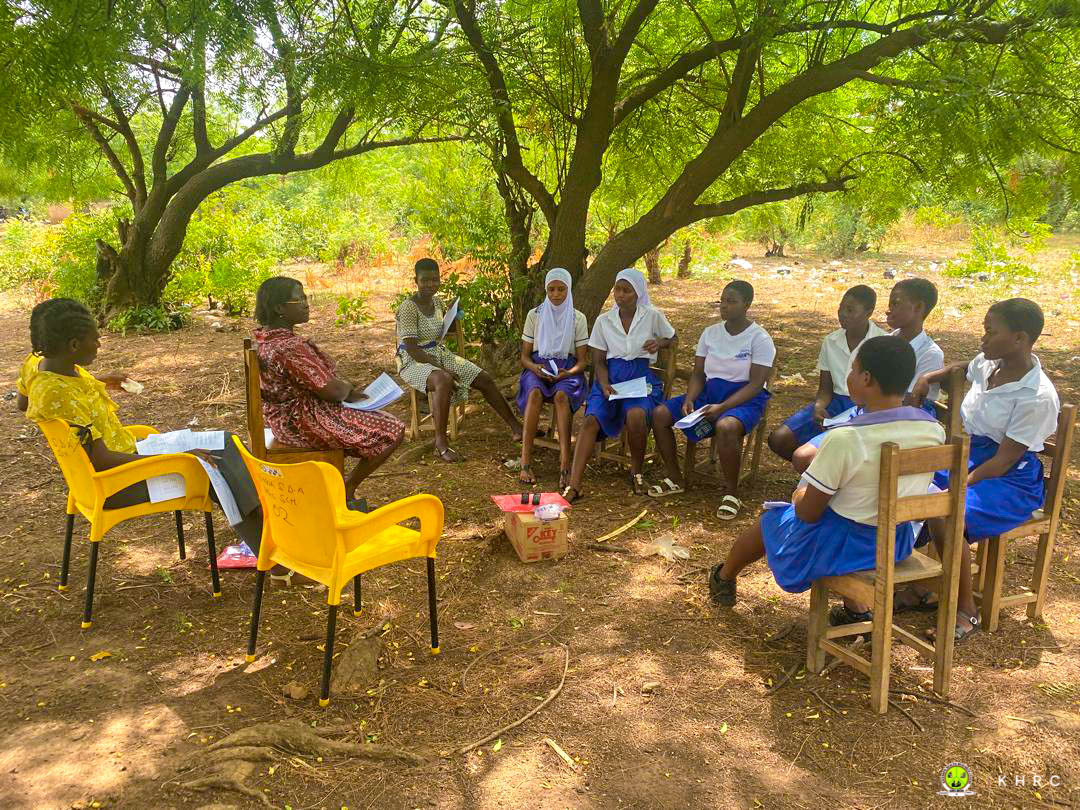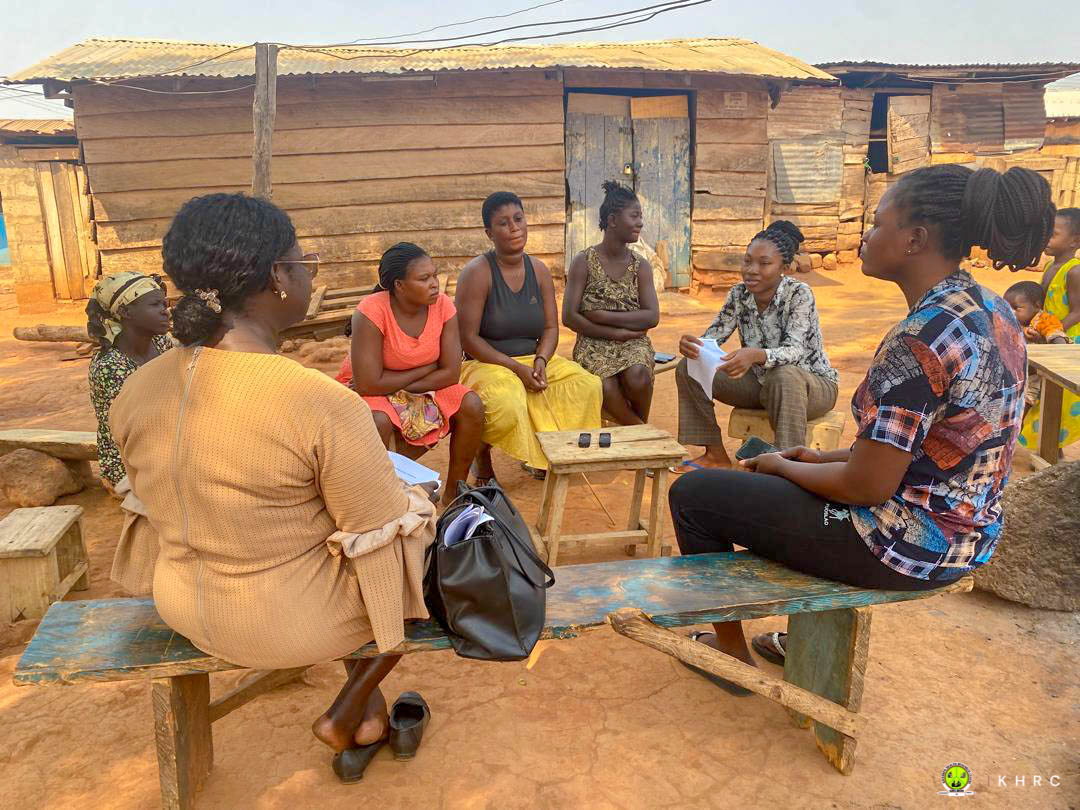MIRNA Study Engages Communities to Understand Maternal Vaccine Acceptance and Concerns
April 23, 2025 | News Feed | Reading time: 4 min
The Maternal Immunization Readiness Network in Africa and Asia (MIRNA) Study team at Kintampo Health Research Centre (KHRC) has been actively engaging communities through interviews and focus group discussions as part of efforts to better understand what influences vaccine acceptance and hesitancy, especially when it comes to maternal vaccines.
This field activity forms part of one of the work packages of the MIRNA Study, which focuses on using social science methods to explore how informed and prepared women, their families, and communities are to receive new maternal vaccines. The goal is to ensure that when these maternal vaccines are introduced, women are ready and willing to take them.
Since January 21, 2025, the team has been working across the Kintampo North Municipality and Kintampo South District in the Bono East Region. They are holding focus group discussions with pregnant women, women of reproductive age, and mothers to understand what they know and how they truly feel about maternal vaccines. They are also conducting in-depth interviews with key community members including health workers, household decision-makers, and local opinion leaders.
These engagements are revealing how people who matter most in vaccine decision-making think and feel about maternal vaccines, what concerns they have, what expectations they hold, and what kind of information or support they need to confidently make decisions on whether to receive the vaccines or otherwise.
So far, the team has completed 19 in-depth interviews and held 10 focus group discussions. The fieldwork is expected to continue until May 31, 2025, after which the team will begin analyzing the information collected.
About MIRNA
The MIRNA Consortium was formed to assess how prepared countries are to introduce new vaccines for pregnant women in low- and middle-income countries and explore ways to strengthen healthcare systems for effective vaccine delivery. It is funded by the Bill & Melinda Gates Foundation and coordinated by the University of the Witwatersrand in South Africa.
Learn more about MIRNA:
https://www.kintampo-hrc.org/pages/vaccine-nework-african-asian-mothers-study.html.


